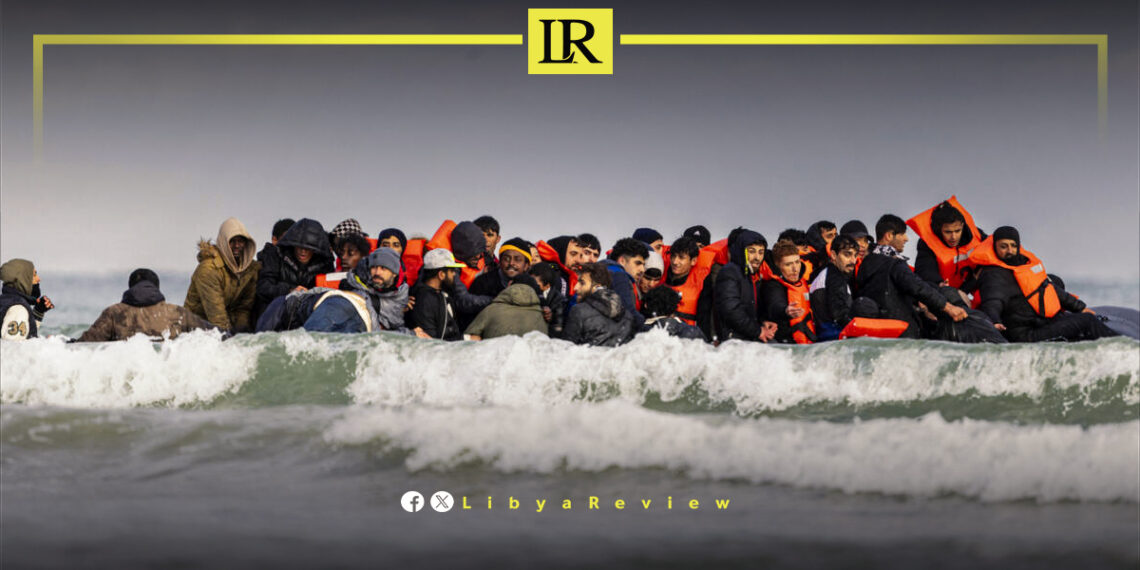A humanitarian organization monitoring migrant rescues at sea has reported that the Libyan Coast Guard intercepted 43 migrants aboard a boat off southern Malta’s coast and forcibly transferred them to Zwara Prison in Libya, according to Germany’s Deutsche Welle.
On Thursday, the Alarm Phone platform, affiliated with the Watch The Med organization, confirmed that the migrants were intercepted and detained. The group condemned the action as a violation of international law and the principle of non-refoulement, which prohibits forcibly returning refugees to countries where they face persecution or harm.
Alarm Phone had initially alerted authorities on Wednesday, reporting that the stranded migrants were in urgent need of rescue. However, the Maltese and Italian coast guards did not intervene, leaving the situation to Libyan authorities.
Human rights organizations have repeatedly criticized migrant interceptions by the Libyan Coast Guard, warning of inhumane detention conditions, mistreatment, and human rights violations inside Libyan detention centers.
Libya has been in chaos since a NATO-backed uprising toppled longtime leader Muammar Gaddafi in 2011. The county has for years been split between rival administrations.
Libya’s economy, heavily reliant on oil, has suffered due to the ongoing conflict. The instability has led to fluctuations in oil production and prices, impacting the global oil market and Libya’s economy.
The conflict has led to a significant humanitarian crisis in Libya, with thousands of people killed, and many more displaced. Migrants and refugees using Libya as a transit point to Europe have also faced dire conditions.
The planned elections for December 2021 were delayed due to disagreements over election laws and the eligibility of certain candidates. This delay has raised concerns about the feasibility of a peaceful political transition.
Despite the ceasefire, security remains a significant concern with sporadic fighting and the presence of mercenaries and foreign fighters. The unification of the military and the removal of foreign forces are crucial challenges.


